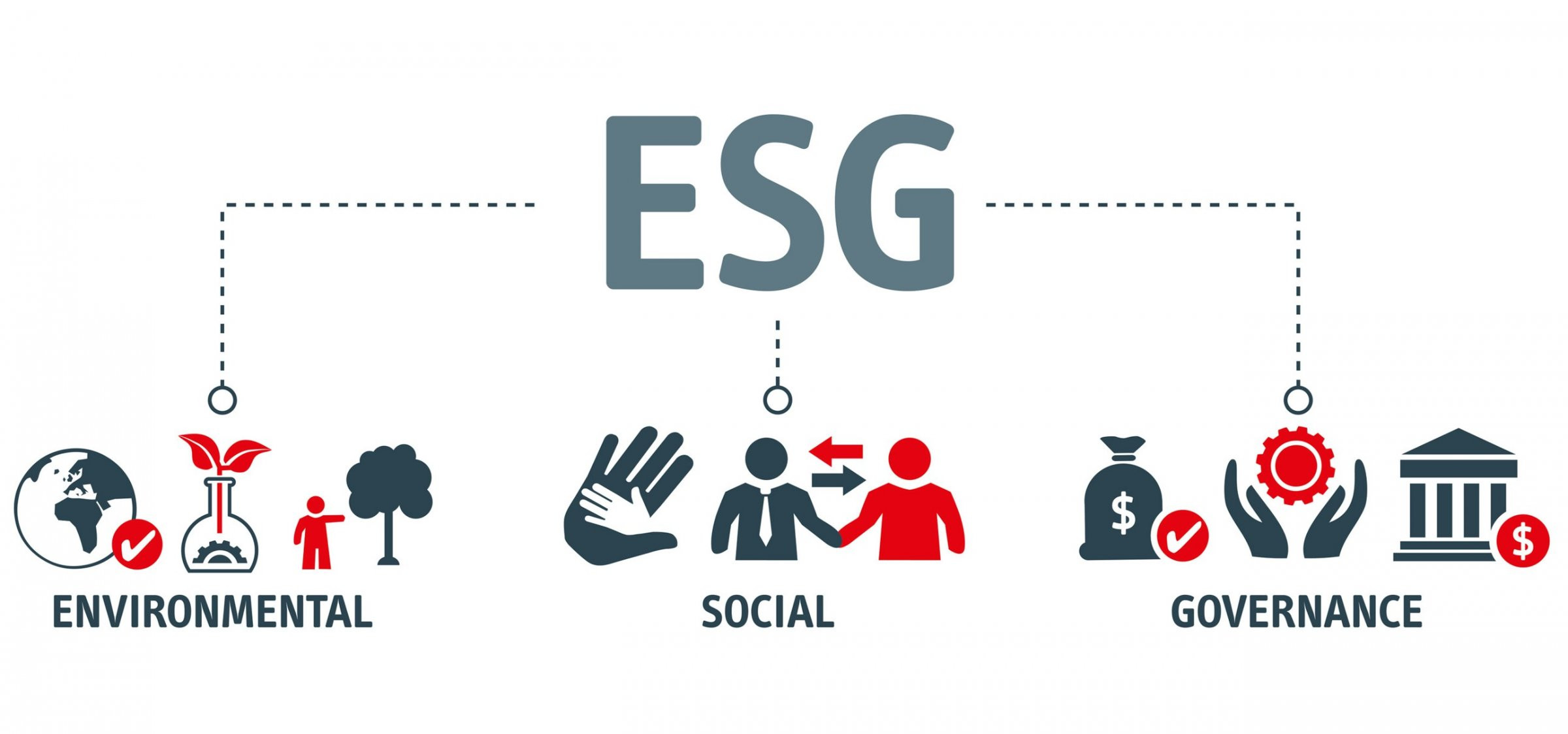MITIGATING ECONOMIC RISKS THROUGH ENVIRONMENTAL, SOCIAL, AND GOVERNANCE (ESG) FRAMEWORK

Businesses face unprecedented risks, which if not mitigated can make them incur significant economic costs and reputational damage. Risk is the foundation of investing, and many business enterprises today are held accountable by stakeholders, including customers, employees, suppliers, communities, and investors on how they reduce risks in their day-to-day operations. Ignoring risks can lead to long-term negative impacts, such as a lack of funding, exclusion from major stock indexes, and public stigma.
Today, risks imposed by Environmental, Social and Governance factors place the survival of many businesses and organizations at stake. Therefore, stakeholders demand accountability and transparency regarding a brand’s approach to Environmental, Social, and Governance (ESG) issues, which pose risks to businesses making them liable for losses. Environmental risks are brought by the ever-increasing effects of climate change, which affects natural resource protection; therefore, how a brand manages these risks and the directive it puts in place to mitigate them are crucial to building sustainable economic business growth.
Social risks in a business are vast and can range from employee mistreatment, boycotting labor violations, and product recalls. These social issues can impact stakeholders and partners all at once, so the ability of a brand to maintain healthy, positive, fair, and ethical relationships with these stakeholders and partners are critical to its long-term success. While governance risks might not seem to be a huge risk for businesses and sometimes difficult to pinpoint, which best practices to mitigate them, a good brand must ensure that it navigates compliance and regulations relevant to its industry, develop risk management policies, and maintains sound systems of risk management and internal controls.
Risks brought by ESG require effective framework adoption to mitigate them. To develop working ESG frameworks; businesses must conduct ESG due diligence now and again. This due diligence is derived from ESG data, which helps them to engage in effective risk management that allows management teams to plan for compliance objectives, enhanced disclosures, and risk mitigation strategy roadmaps that address threats before they happen. ESG due diligence provides data and insights into the success and value of a business’s ESG performance and policies. Many investors are beginning to request ESG due diligence reports, which include differentiation between each ESG criterion.
For instance, environmental issues like pollution, drought, exposure to extreme weather, carbon management, and use of scarce resources. Social issues like product safety, human rights, worker safety, customer data protection, gender equality, and diversity & inclusion. Governance issues like accounting standards compliance, succession planning, anti-competitive behavior, and ESG management processes. With ESG due diligence, businesses can develop frameworks that curb these risks and can develop reports and policies, which may help investors and partners make sound, ethical investment decisions that support the primary purpose of all due diligence. These reports and data help mitigate risks in the long run, giving them sustainability and growth.
A brand’s dedication to sustainability must involve a constant ESG framework and policy assessments, which empower them to report on their current state and outline future initiatives while considering their business goals and risks. Investors constantly inquire about what brands are doing regarding responsible investment, how they treat employees, partners, vendors, and investors, their dedication to sustainability initiatives, and other activities that fall under the ESG umbrella. A business must have answers to these questions at all times.







